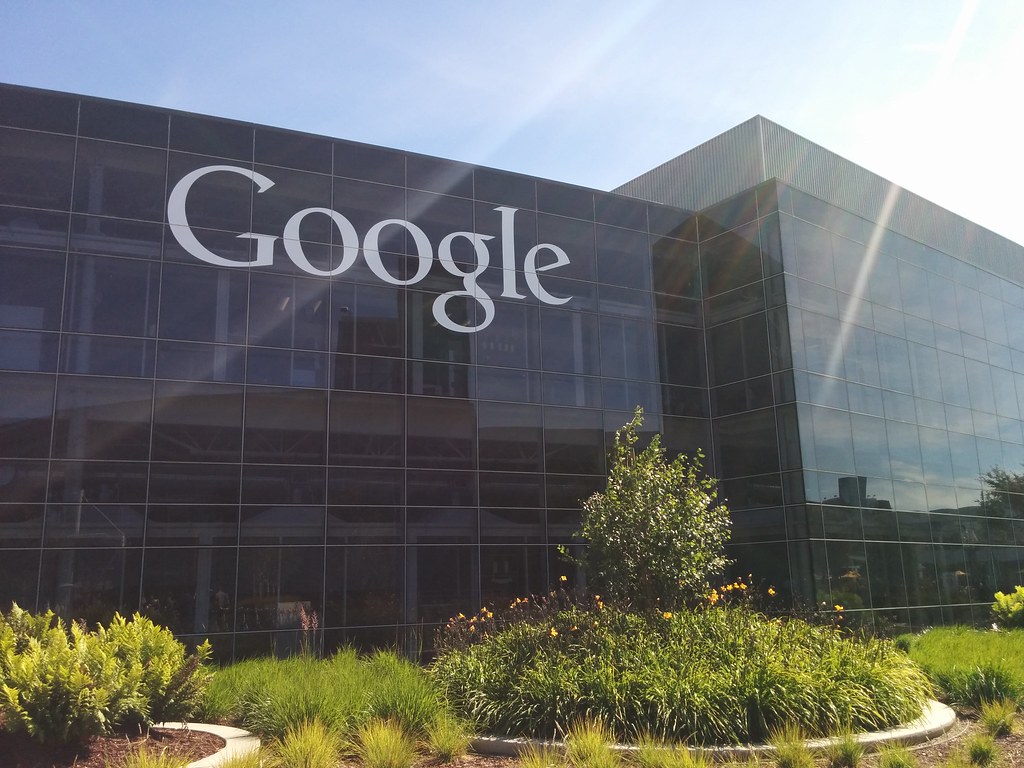Thursday, Google announced it had conducted a study, concluding that blocking cookies “materially reduces” revenue for publishers. In the report, Google analyzed a sampling of traffic on the 500 largest Google Ad publishers over the last three months. In summary; according to Google, the Google conducted study, of Google’s ad product, found that when a user lacked cookies, publishers earned 52% less revenue.
“Lower revenue for traffic without a cookie was consistent for publishers across verticals — and was especially notable for publishers in the news vertical,” Wrote Chetna Bindra a Google’s Senior Product Manager, User Trust and Privacy. The posts also says for publishers in the newsgroup, traffic from users without a cookie present earned on average 62% less revenue than traffic where a cookie was present.
This study shows very differents findings from an earlier study by researchers at Carnegie Mellon, the University of Minnesota and University California Irvine who examined millions of advertisements appearing online during one week in May of 2016, on websites owned by a large media company. The study concluded that the unidentified media company received a mear 4% increase in revenue when tracking cookies were available.
Far more details about each study’s methodology would be needed to reconcile (or dismiss one of the studies) contradictory results. It’s possible that changes made to mar-tech between 2016 and 2019 could explain the discrepancy. It could be that Google themselves make more money from targeted ads, but doesn’t pass the revenue onto publishers.
The academic study of tracking and publishers revenue was received with enthusiasm by privacy advocates, and many in media who are (partially) forced to operate sites slowed to a craw by excessive amounts of tracking scripts.
While the Google study is likely to meet with the chest-thumping of the digital marketing industry: wanting better (often creepy) levels of targeting for their clients and products. And who have long maintained that free online content must be funded by these highly targeted ads.
Historically, the claims of the marketing-technology-industrial-complex where you trade privacy for free-content have been accepted by almost everyone, including lawmakers. Last year, the FTC suggested in a report that publishers would be hurt by tougher laws limiting online tracking.
However, the distrust of marketers and tech companies; Bolstered by claims in a study conducted by highly credible academics are bound to lead to serious discussions about advertising reform.
“Google Headquarters – Mt View” by servizimultimediali
I’m Danial Payne I’ve been a freelance writer, video, and web person since 1988. My passion is technology, whether it’s the latest cameras or cutting edge ways the internet is used to improve medicine. I write for Internet News Flash and am helping with the online resurrection of Digital Content Creators Magazine Contact me: danielpaynetech@gmail.com

Comments are closed, but trackbacks and pingbacks are open.